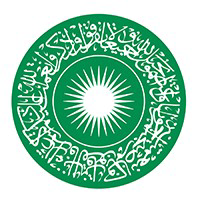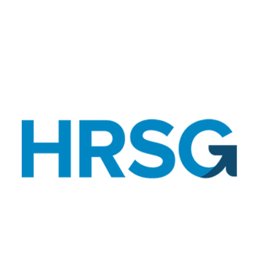Introduction:
Chartered in 1983, Aga Khan University (AKU) is a private, autonomous, and self-governing international university with 13 teaching sites in 6 countries distributed across three continents. As an integral part of the Aga Khan Development Network, AKU provides higher education in several disciplines, carries out research pertinent to the countries in which it exists and has campuses, programs and/or teaching hospitals in Afghanistan, Kenya, Pakistan, Tanzania, Uganda, and the UK. As an international institution, AKU operates on the core principles of quality, relevance, impact, and access; and AKU is a model of academic excellence and an agent of social change.
The Brain and Mind Institute (BMI) is a trans AKU entity that seeks to build capacity in the domains of mental health and neuroscience. In collaboration with partners, the Institute is advancing research leadership capacity and support service delivery across East Africa and South Asia, and other regions served by the AKU. The Institute supports a hub for scholarship exchange and action on mental health issues, as well as educational, clinical, and community-based programs. BMI’s research focuses on the context of today’s youth in Africa and South Asia, while our programmatic offerings address mental health related and brain health issues, including stigma and resiliency. A significant area of interest is the implementation of science-based programing in hospital and community settings that translate new discoveries into prevention and treatment programs.
As an equal opportunity employer, AKU believes in promoting a diverse and inclusive culture and is committed to adopt appropriate standards for safeguarding and promoting a respectful relationship with and between diverse workforce of its faculty, staff, trainees, volunteers, beneficiaries, wider communities, and other stakeholders with whom it works, including children and vulnerable adults and expects all employees/trainees and partners to share this commitment.
This is a grant funded contractual position.
Job Roles / Responsibilities:
You will mainly focus on project execution and planning, day-to-day operational management, and coordination with stakeholders for execution of the program.
The incumbent will be responsible in:
develop and implement strategies, work plans, and timelines to achieve project goals and objectives at all levels
perform systematic reviews to support strategic decision-making and inform program adjustments
ensure timely implementation of activities and regularly review project plans to align with program needs
develop, review, and update project documents, reports, presentations, Standard Operating Procedures (SOPs), and administrative processes to standardize practices and improve service delivery
manage core processes including HR, finance, operations, and continuous service improvements
supervise and monitor all project-related activities, field operations, and baseline research involving over 3,000 participants across four geographical locations in Pakistan
prioritize project activities, allocate resources, and address implementation challenges by adjusting workflows, timelines, or team responsibilities, escalating critical issues when required
collaborate with the Senior Manager to manage five program pillars and plan four capacity-building trainings for multiple cohorts
coordinate closely with administrative staff to maintain operational discipline, staffing, and logistical support
oversee stakeholder engagement, ensuring regular updates, active participation, and engagement across all project components
oversee the activation of 25 project sites nationwide
supervise two direct reports and coordinate with over 50 project collaborators.
Requirements:
The applicant should have:
hold a master’s degree in health management, project management, social sciences, or a related field
possess at least 5 years of management experience executing large and complex public programs
demonstrate familiarity with grant management systems, research management, and project management tools
apply strong technical writing, data analysis, and reporting skills
possess knowledge of budgets with basic accounting abilities
demonstrate excellent interpersonal, written, and verbal communication skills, with the ability to work effectively with diverse groups
maintain computer literacy with strong mathematical, analytical, and research skills
show flexibility to travel to remote areas and adapt to varying field conditions.
Comprehensive employment reference checks will be conducted.



